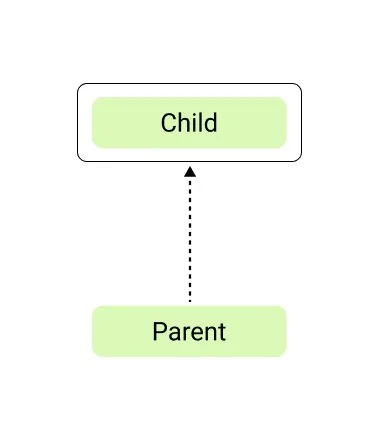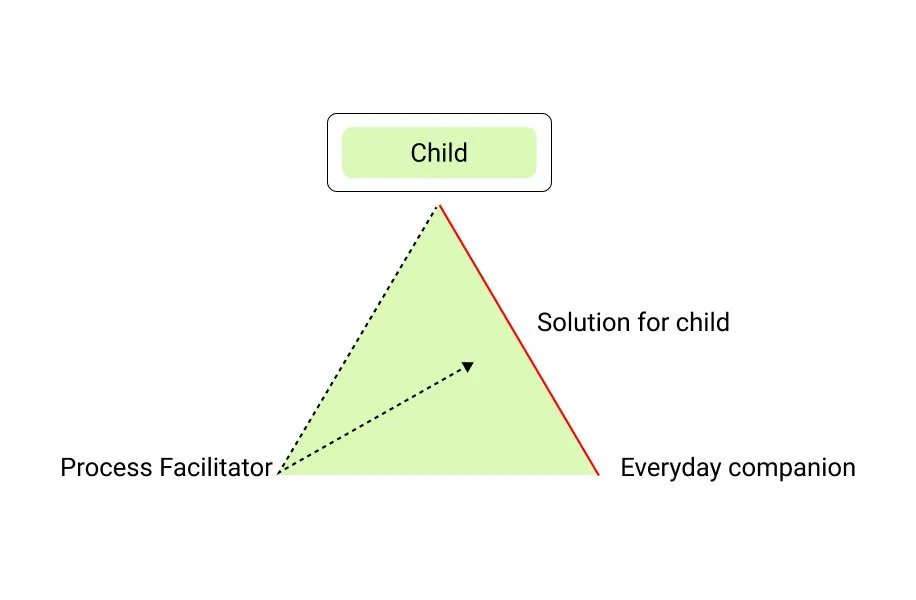For Educators
A child has to deal with many different values and norms from teachers during his or her time at school. As a result, many children test the teacher instead of a teacher following a child in his or her development.
Children have so many opportunities to consult each other, support each other, find solutions for things close to home, but also for social issues, among others.
A situation in education
Parents are often concerned about their children, fearing that they will be overwhelmed and unable to foresee the consequences of their decisions and actions. This often leads to overprotective behavior on the part of the parents. They intrude on their child's framework. A child notices that their parents aren't listening. When parents and children then argue, both sides want to defend their own opinions, and communication becomes very difficult.
It is crucial that parents follow their child's developmental process, that is, the development of the framework for decision-making and action options.
An important principle here, too: no more one-size-fits-all solutions are prescribed; instead, the child is given the framework to find their own solution. This solution is then tested by the parents. By learning about the child's own solutions, parents learn a great deal about the child's world of experience. This allows them to better follow the child's developmental process. Overwhelming or overprotective behavior is avoided by setting an individually appropriate framework for the child at each stage of development.
The WKS model also incorporates the separate roles of daily support and process support in parenting. During a conflict, one parent will regulate (daily support) while the other takes on the process role. It is important that one parent stays outside the problem and supports communication between the child and the other parent.
This way, parents learn more about the child's world of experience, can better understand the child, and arguments will become less frequent.


